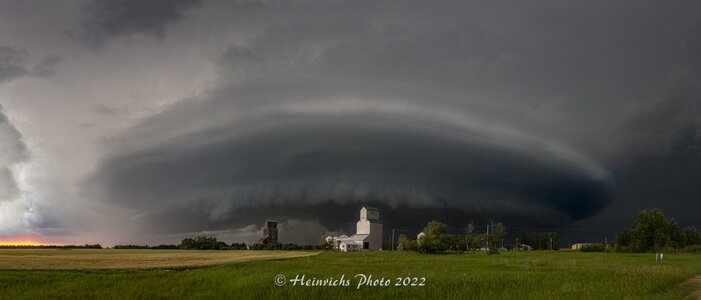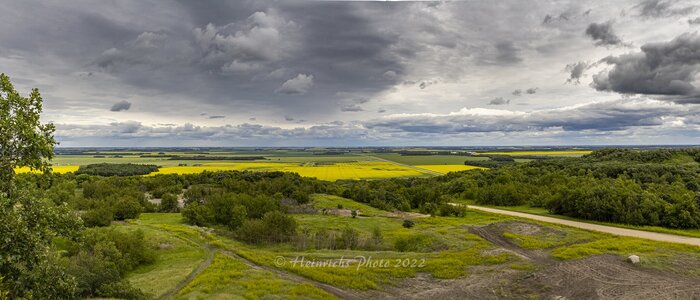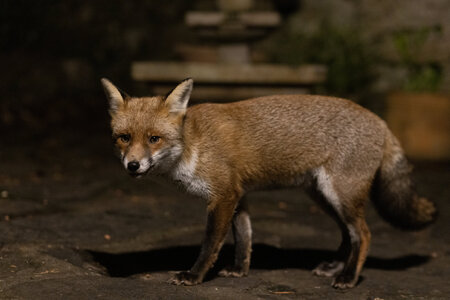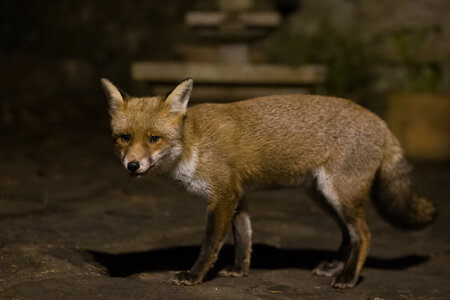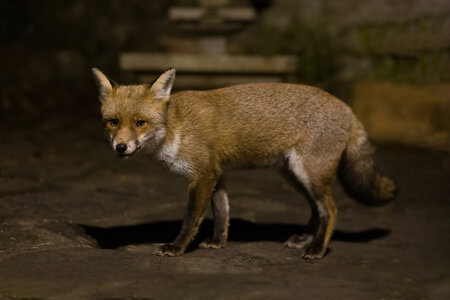Pro Member
- Joined
- Apr 19, 2021
- Posts
- 1,247
- Solutions
- 1
- Likes Received
- 2,387
- Points
- 113
- Name
- Hali
- City/State
- Rhode Island, US
- CC Welcome
- Yes
Sorry you think that, Chris. What do you think is over processed about it? To me it's not. The color is good, there is adequate sharpness, it's not over sharpened, the eyes are in focus (although the left eye of the hippo could be a touch sharper). There seems to be a little brush stroke in the water on the upper left, I'm guessing that's an artifact of some sort. The water is a good color and not over blurred. Those are my thoughts when I look at the image.Sorry but for me this pic was largely overprocessed....
And remember- you don't know what the RAW file looked like, so it's hard (for me) to make a judgement.
But here's the point - he didn't process it for you, he did it for him. And to me that's where discussions like this become icky.

